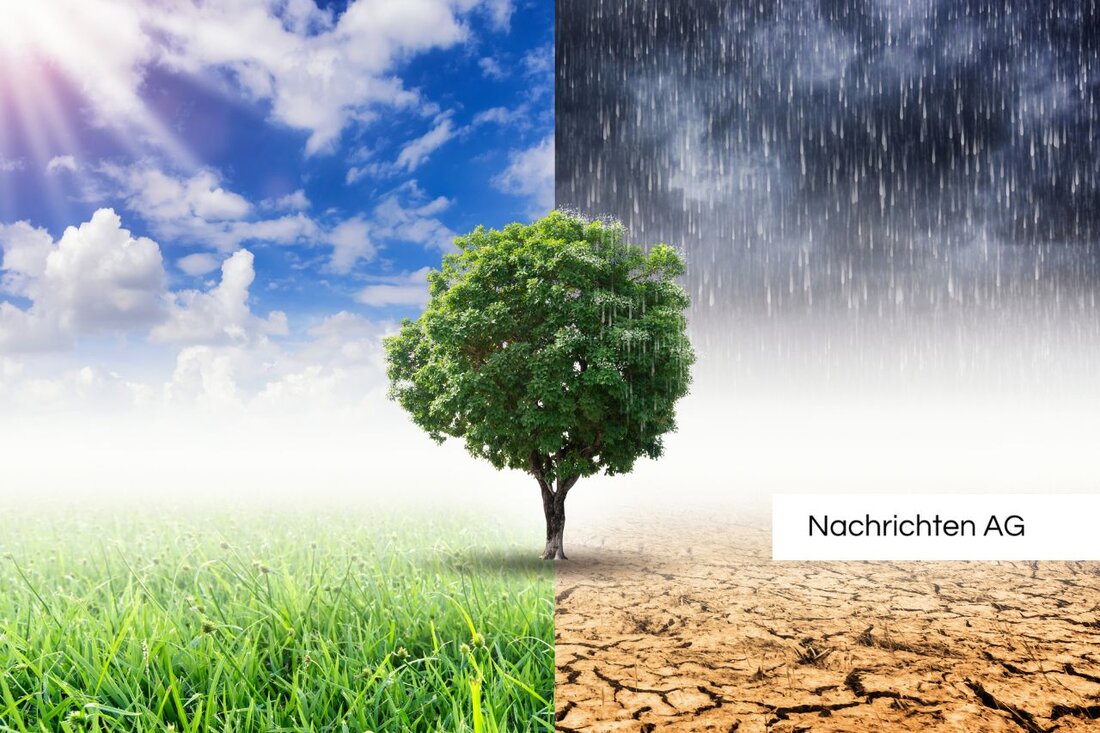Art and ecology: Lahn River Avatar gives river a voice!
Opening of the art project “Lahn River Avatar” on June 24, 2025 in Gießen: Ecology meets art and interactive research.

Art and ecology: Lahn River Avatar gives river a voice!
The art and research project “Lahn River Avatar” will open on June 24, 2025 at the Lahnfenster Hessen in Gießen. The event takes place between 1 and 3 p.m. and is coordinated by the “Panel on Planetary Thinking” at the Justus Liebig University of Giessen (JLU). As part of this project, two fellows, Danilo Olivaz from Brazil and Ingvild Syntropia from Norway, will develop a digital avatar created using artificial intelligence and real-time environmental data, such as water temperature and pH. The aim is to give the Lahn River a voice and to actively integrate its ecosystem into the political processes of the city of Gießen. Admission to the opening is free, and snacks and drinks will also be provided.
The program includes various elements, including flow meditations and interactive conversations with the avatar. The digital sculpture is supported by the MAGIE-Makerspace Gießen and is intended to make ecological systems visible as active actors in planetary politics. This initiative is inspired by indigenous jurisprudence and ecological justice, particularly highlighting the role of non-human actors in political processes. Loud uni-giessen.de The project aims to promote holistic perspectives in research and teaching, especially with regard to sustainability.
An interdisciplinary scholarship program
The Planetary Scholars & Artists in Residence Program, which has been running since 2022, will conclude in 2025. The Panel on Planetary Thinking has set itself the goal of further developing political systems taking ecological and planetary processes into account. During the term, a total of eight scholarships were awarded to support innovative research and art projects. In addition to Olivaz and Syntropia, there are also other guest scientists working on topics such as Agrarian Humanities and improving human-nature relationships. Prof. Frederic Hanusch and Dr. Liza B. Bauer emphasize the importance of the connection between the natural sciences and the humanities and emphasize how important it is to integrate environmental conditions into social discourse giessener-anzeiger.de reported.
This project is particularly relevant in an age in which climate change and ecological issues are becoming increasingly important in art. Historically, artists like Joseph Beuys have contributed to the discussion about the environment and sustainability with campaigns like “7000 Oaks”. The art world today is faced with the challenge of asking itself questions about climate relevance and responsibility towards the environment. Newer concepts such as “climate-smart museum” are gaining traction as museums strive to reduce their environmental footprint, such as deutschlandfunk.de explained.
The “Lahn River Avatar” project and the associated initiatives represent an exciting and important step in linking art, science and ecological awareness. By integrating the Lahn ecosystem into political discourse, not only is the river itself brought into focus, but also an interdisciplinary dialogue is initiated that could be crucial for the future of environmental awareness.

 Suche
Suche
 Mein Konto
Mein Konto